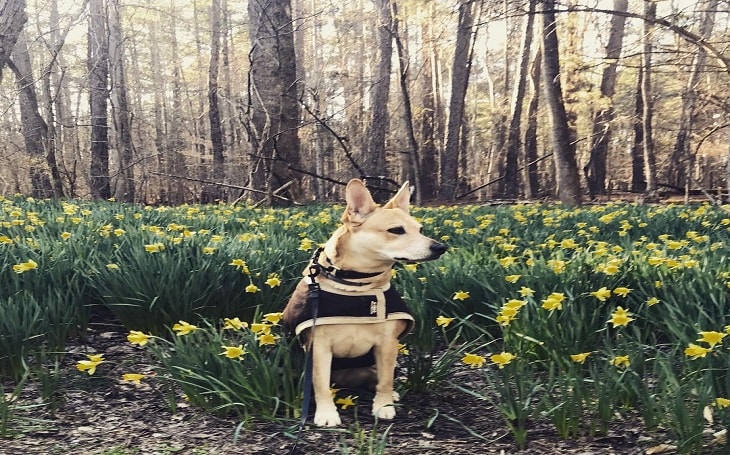Carolina Dog Breed Information
General Information
| Dog Name | Carolina Dogs |
|---|---|
| Other Names | Yaller Dog |
| Scientific Name | Canis lupus familiaris |
| Breed Type | Hound |
| Group | Sighthound |
| Breed For | Hunting big and small game |
| Extinct | No |
| Country of Origin | United States of America (USA) |
Physical And Size
| Size | Medium |
|---|---|
| Min Life Span | 12 |
| Max Life Span | 14 |
| Min Ideal Weight for male | 13 |
| Max Ideal Weight for male | 15 |
| Min Ideal Weight for female | 13 |
| Max Ideal Weight for male | 15 |
Ranking
| Intelligent Rank | |
|---|---|
| Trainability | |
| Playfulness | |
| Affection Level | |
| Social Needs | |
| Barking | |
| Watchdog Ability | |
| Territorial | |
| Mouthiness | |
| Adaptability |
Characterisitics
| Temperament | Loyal, Independent, affectionate |
|---|---|
| Prey Drive | Yes |
| Fighting Dog | No |
Friendliness
| Stranger Friendly | Low |
|---|---|
| Child Friendly | Medium |
| Cat Friendly | Low |
| Dog Friendly | High |
| Office Friendly | Low |
| Apartment Friendly | Low |
| Senior Citizens Friendly | Low |
| Service Dog | Low |
| Search and Rescue Dog | Low |
| Biting Potential | Medium |
| Country of Origin | United States |
| Nicknames and Other Names | Indian’s Dog, Yaller Dog, Dixie Dingo, Old Yaller |
| Scientific Name | Canis lupus familiaris |
| Breed Type | Purebred (sighthound) |
| Group | Hound Group |
| Bred For | Hunting small and big game |
| Size | Medium-sized |
| Recognized By | AKC, UKC |
| Life Span | 12-14 years |
| Ideal Weight | 30-55 pounds (male and female) |
| Ideal Height | 17.5-19.5 inches (male and female) |
| Fur Type | Short, smooth, dense |
| Common Colors | Black, Buff, Red, Black and Tan Tawny, White, Yellow |
| Markings | Piebald, IrishMarked, White markings |
| Availability | Moderately available |
| Achievements | None |
| Suitable for Apartments | No |
| Used in World War | No |
| Most Similar To | Australian Dingos |
The Carolina Dog which is also known as American Dingo, Dixie Dingo, Yaller Dog or Yellow Dog is a feral breed of dogs that is medium in size which originated in the southeastern part of the USA.
A Carolina dog has pointed ears, a fox-like snout and a tail that curves like a fishhook when raised. They look similar to Australian Dingos but fall under the Canis family of dogs.
Origin and History
The evolution of the Carolina Dog started 8,000 years ago when primitive people migrated across the Bering land bridge from Asia into North America. They brought a primitive form of dog along with them.
The Carolina breed was not much of a topic that was studied and written until the last century. The breed entered into the record of dogs breed in the 20th century.
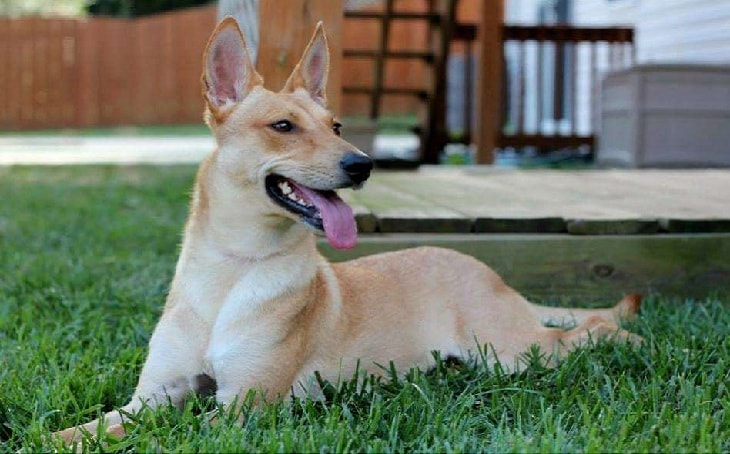
The modern history of the Carolina Dog began in the late
One day, she found a small puppy with no collar and took him home. It was not so long when the Brisbin family long realized that Horace (the puppy’s new name) behaved differently from other dogs.
These dogs quickly spread to Northern China and Siberia from their homeland in Southern Asia. They almost certainly were crossed with the larger, more densely coated wolves of the north there, giving them greater ability to survive in the cold.
Behavior, Temperament and Personality
The Carolina Dogs have shy and suspicious behavior possibly because they haven’t been overly bred for domestication. They adapt well to a social group with other dogs and new people as they are pack dogs.
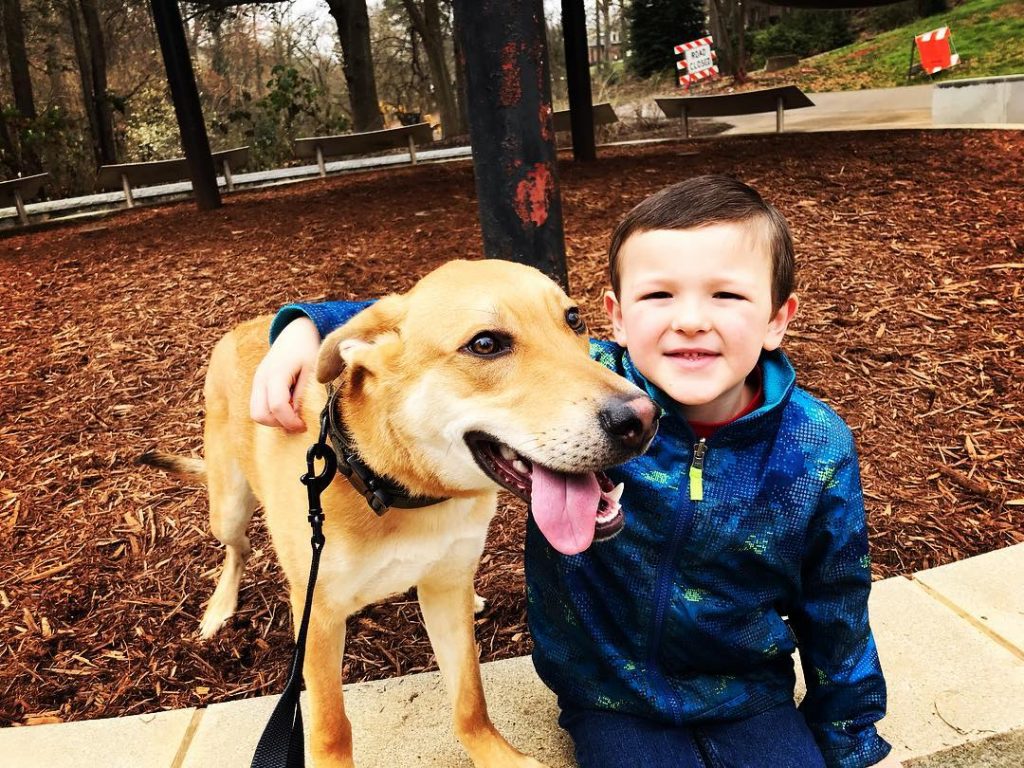
Carolina Dogs have very affectionate and loyal temperament. They form very close attachments to their owners with great loyalty. They do possess a prey-drive but are less likely to be aggressive.
The Carolina Dog is a pack animal that bonds tightly to its closest people and mates. He has an aloof or nervous personality and is very alert and is well-known for being reliable watchdogs.
Is Carolina Child Friendly ?
Yes, they are very good with children. They are very social by nature and also enjoy the attention that they get from the children. They bond with the children very quickly.
Trainability
Though an intelligent breed, Carolina is very difficult to teach and requires a skilled trainer to overcome their stubbornness. They have a natural instinct to please people.
So they require a gentle and consistent owner who is willing to dedicate a lot of time to the training. The dog will be able to learn every thing slowly but perfectly if taught with positive reinforcements and kindness.
Facts about the Carolina Dog Breed
Here are some of the facts about the Carolina Dog Breed that you might want to know about:
- The Carolina breed is intelligent as well as independent.
- The breed has only been believed to exist for 40 years.
- They have very few hereditary diseases which make this breed more healthy as compared to others.
- Their nickname is “American Dingo” or “Yellow Dog”.
- They are extremely loyal and protective if properly raised.
- They are great with children, especially active children.
Health Issues that are seen in the Carolina breed
| General Health | Healthy |
| Common Health Issues | Cataracts, Epilepsy, Hip Dysplasia, Elbow Dysplasia, Heart Diseases, Obesity, Bloat |
| Hypoallergenic | No |
| Vaccination Required | Canine Parvovirus, Leptospirosis, Rabies, Canine Distemper, Canine Parainfluenza, Kennel Cough, Canine Coronavirus |
| Shedding | Moderate Shedding |
| Drooling | Average Drooler |
| Grooming | Easy and Minimal Grooming Required |
| Weight Gain Potential | Average |
| Separation Anxiety | High Chance |
| Allergies | None |
| Diets and Supplements | Protein: 28% Fat: 15% Glucosamine Multivitamins Antioxidants |
The Carolina Dog breed lives a life of 12 to 15 years. During this time, he suffers through various types of diseases and health issues. According to Easypetmd, here are some health issues that are commonly seen in
Hip Dysplasia
Hip Dysplasia is one of the most serious genetically inherited disorders which is caused by malformation of the hip joint.
Cataracts
Cataract is lack of clearness in the eye lens which is commonly called opacity. Cataracts may block light from passing through the lens, hence it can have a substantial impact on a dog’s vision.
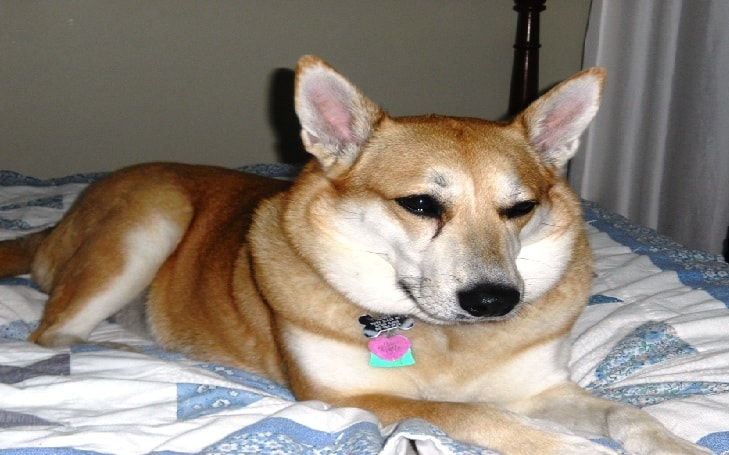
Elbow Dysplasia
Elbow dysplasia is known as several closely related medical conditions which can impact the elbows of domestic dogs.
Progressive Retinal Atrophy(PRA)
PRA is one of the leading causes of canine blindness. Progressive retinal atrophy is not only a single condition, but rather a collective term which is used to describe a number of very similar genetic defects of the retina.
Color of the Carolina Breed
The Carolina breed dogs are found in six different colors. They are Orange Red Sable, Yellow, Beige, Tan, Red Ginger and Tan.
Puppies
If you are having the idea of owning a Carolina puppy, then you better make sure you have your house and garden puppy-proofed before you bring him home.
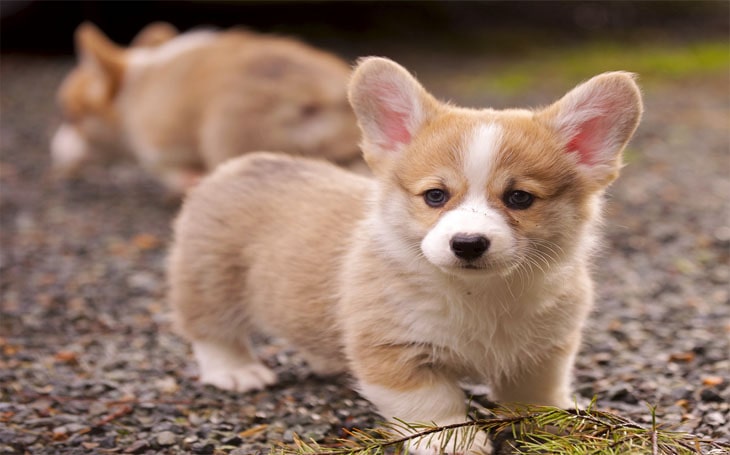
Electric wires and Cables should be properly managed and should be out of reach from the puppy.
Cost of a Carolina puppy
If you are willing to buy a Carolina puppy, make sure to separate a budget from $800 to $1000 depending on the breed’s quality.
Which dogs are they similar to?
Here are some of the dog breeds that are quite similar to the Carolina dog breed:
Visit Doglime for more dog breed information.
Tags
